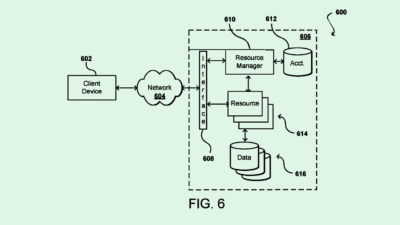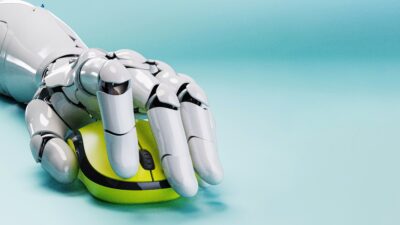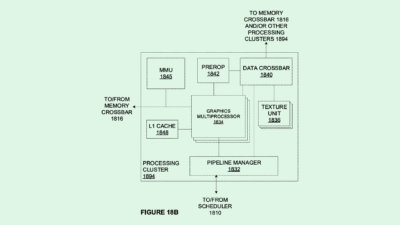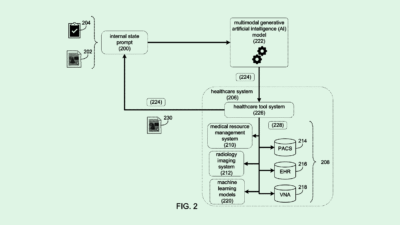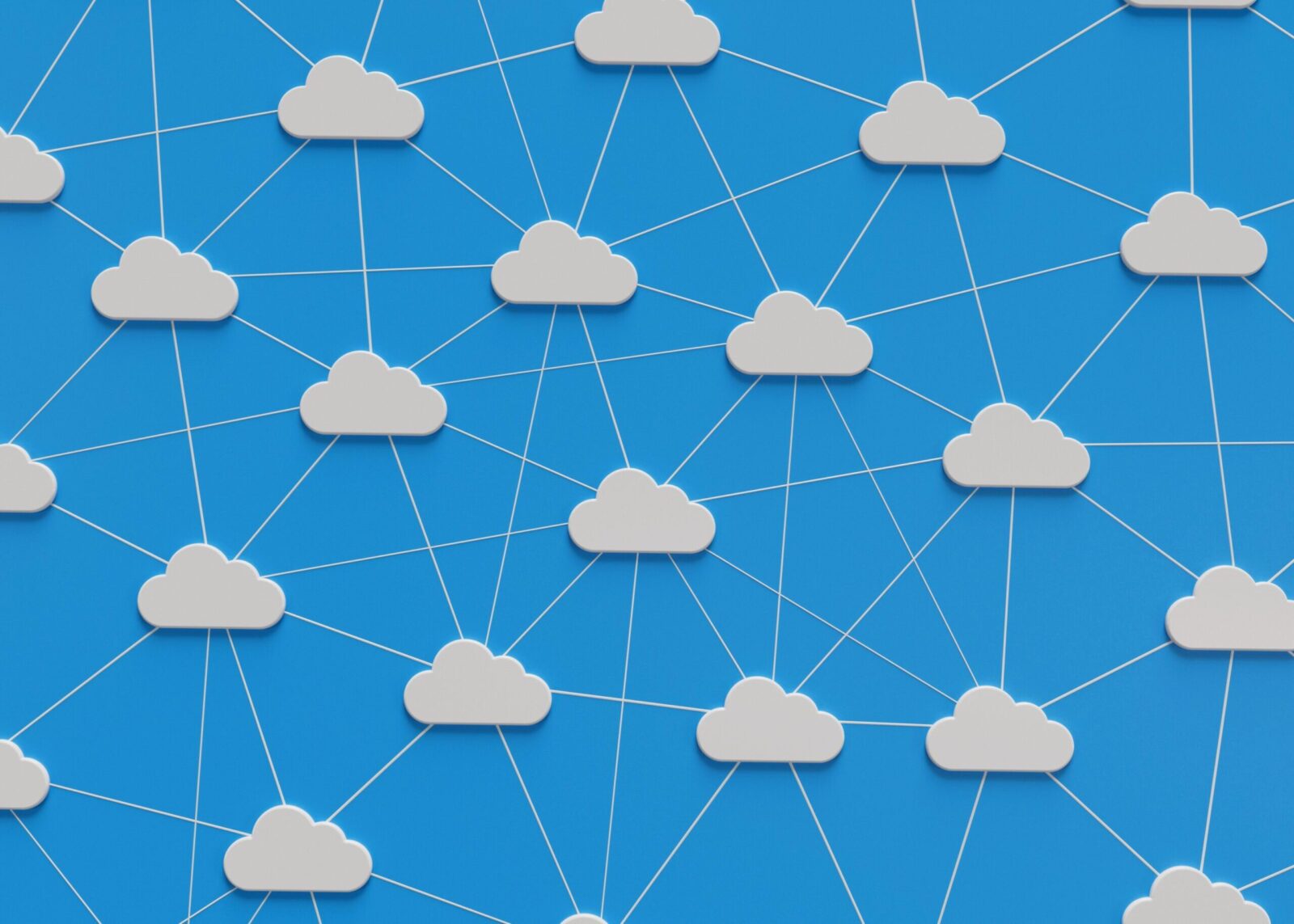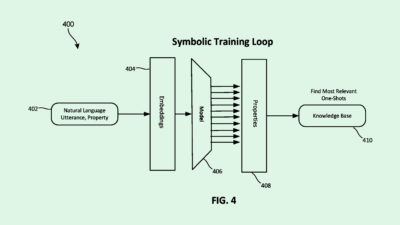Philips Patent Leverages AI to Make Healthcare More Predictable
This patent isn’t the first time we’ve seen AI make inroads into healthcare.
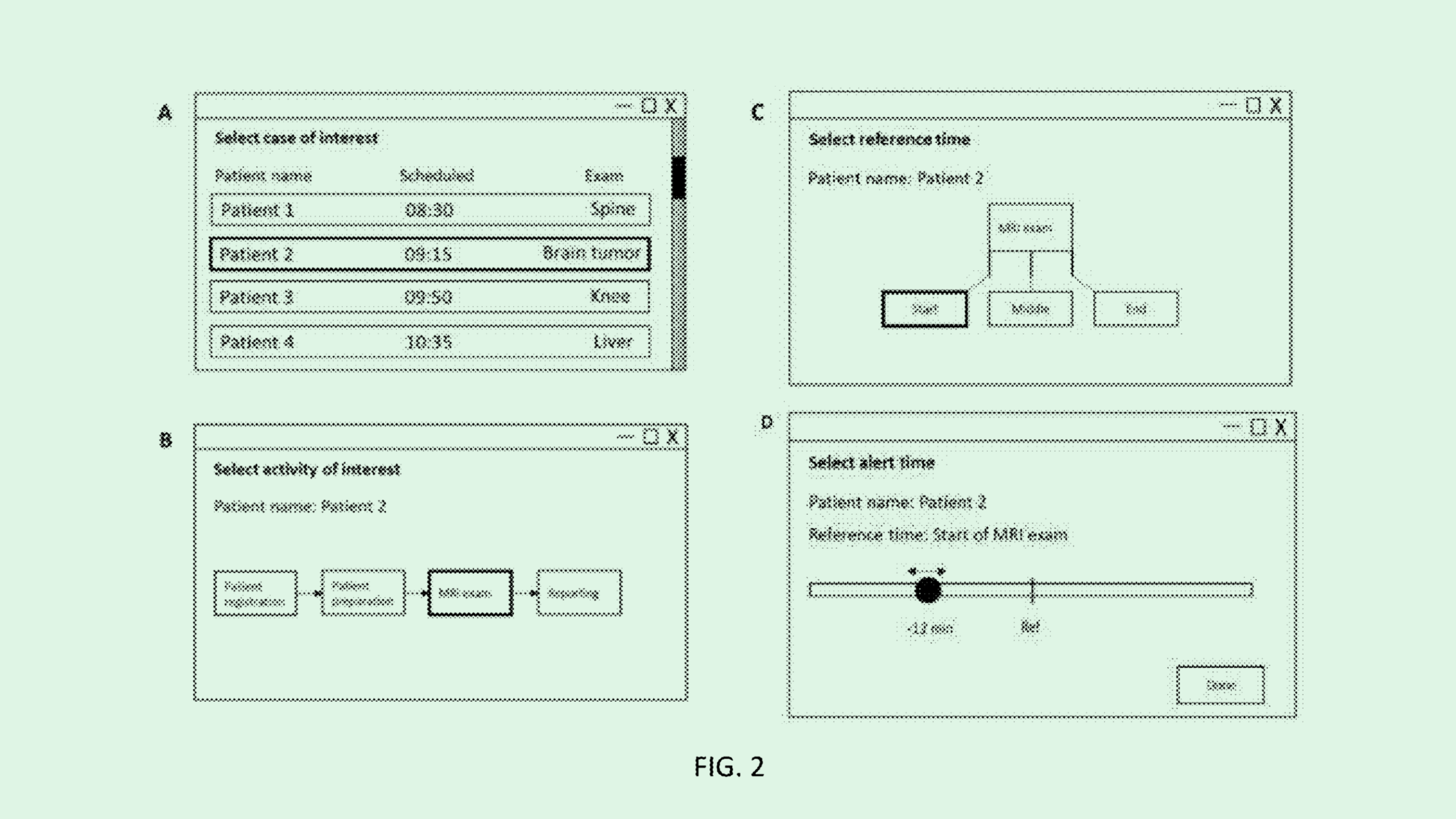
Sign up to get cutting-edge insights and deep dives into innovation and technology trends impacting CIOs and IT leaders.
Healthcare can be unpredictable, but Philips is trying to help both providers get prepared regardless.
The medical device firm filed a patent application for “clinical procedure event prediction,” using an AI model to forecast chains of events in a healthcare setting in real time so that staff can avoid delays or adjust resources.
Philips’ patent essentially describes an AI-powered workflow management tool for healthcare. It takes in both historical workflow data and case-specific data pertaining to individual patients to create schedules of different procedures, estimating time gaps in between and giving staff updates on potential delays.
“Tracking and monitoring processes which occur in a clinical or healthcare domain in real-time” enables health professionals to allocate resources more appropriately, Philips said in the filing.
This patent isn’t the first time we’ve seen AI make inroads into healthcare. Philips has previously sought to patent tech for AI-powered ultrasound that relies on a generative model to create high-quality medical images, ER delay prediction and monitoring neurodegenerative diseases. Big Tech, too, has taken an interest: Google, Amazon and IBM have all sought patents for AI-backed healthcare innovations.
Outside the land of IP, tech giants have been publicly boasting about their medical AI achievements. Microsoft AI CEO Mustafa Suleyman said in recent weeks that its AI tools can diagnose patients four times more accurately than human doctors. Amazon, meanwhile, has embedded AI tools into its healthcare arm, One Medical. And Google earlier this week announced AI initiatives to support mental health research and treatment.
It makes sense that these firms are seeking to develop such tools: The healthcare industry can be lucrative. The data security problems that AI still poses, however, could pose a major roadblock to adoption, especially in the face of US regulations like HIPAA. And given the healthcare industry already faces cybersecurity pitfalls, introducing AI could make for even more risk.

